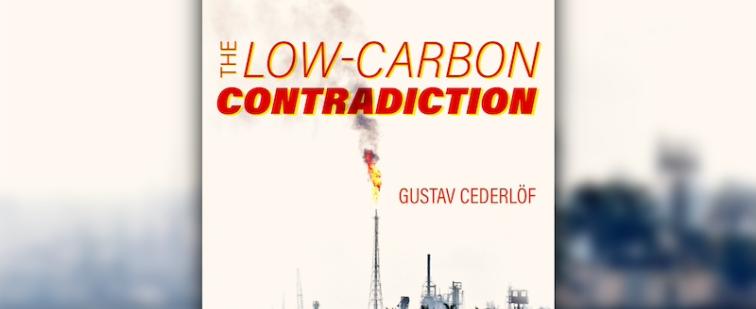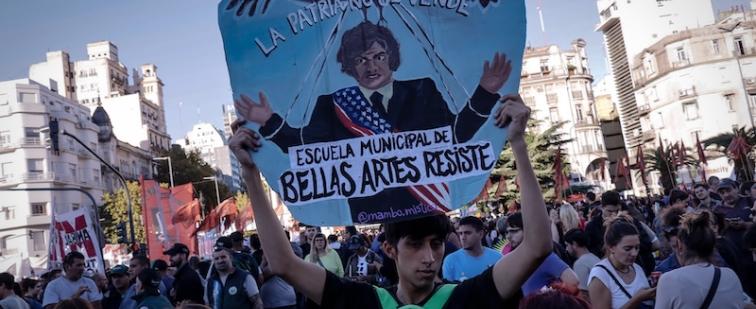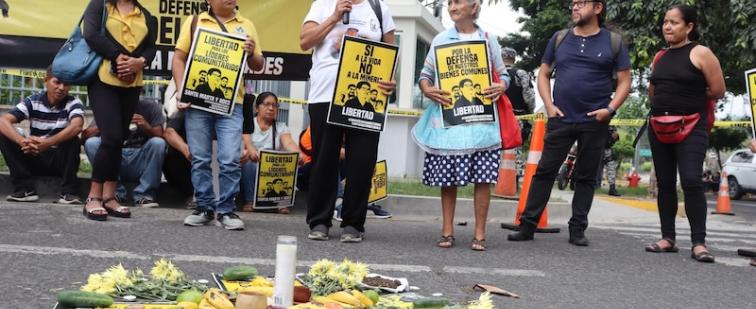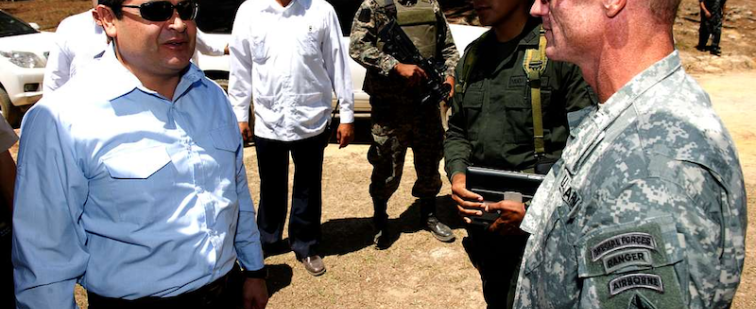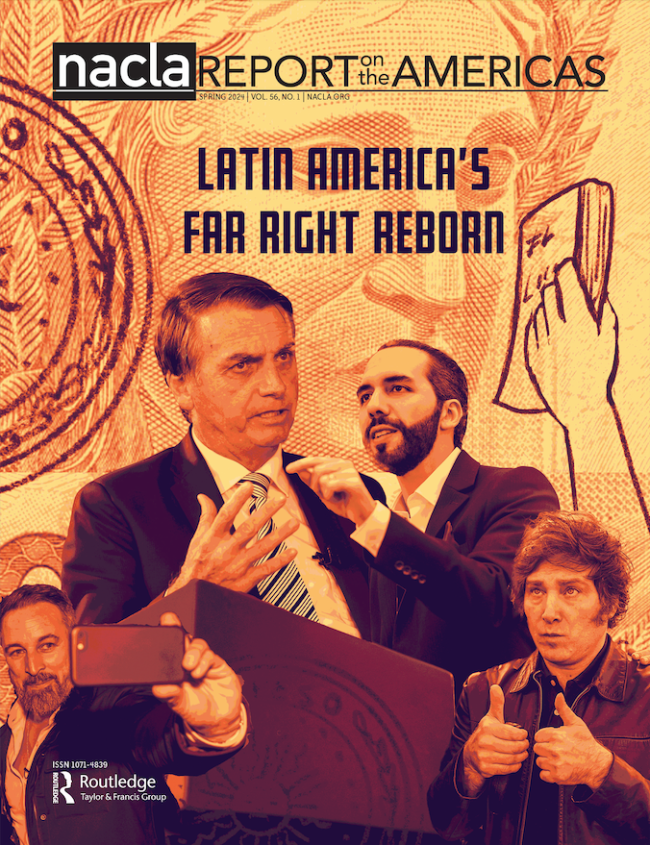Home
Until recent years, the term Afro-Latin@ has primarily been used to refer to people of African descent in Latin America and the Caribbean. Along with “negro,” “afrodescendiente” and “afrolatinoamericano,” Afro-Latin@ served to name the constituency of the many vibrant anti-racist movements and causes that have been gaining momentum throughout the hemisphere for several generations, reaching global visibility at the UNESCO conference at Durban in 2001. Since the early 1990s, however, and in part as a result of intellectual cross-fertilization between North and South, the usage has gained increasing traction in the United States.
As the Inter-American Development Bank considers an additional $400 million loan to support a natural-gas project in Peru’s Camisea rainforest, a NACLA investigation, funded by the Samuel Chavkin Investigative Journalism Fund, finds evidence of botched pipelines and a government cover-up.
While the U.S imperial presence has emerged as a more or less acknowledged fact of the 21st century, popular references to U.S. power often gloss over a complex, amorphous system of organization and domination.1 What debate and discussion of empire there is in the United States has been almost entirely confined to its most pronounced, military expressions.
Last spring, I came across an article in Caribbean Edge magazine on Vieques, a small island seven miles off the coast of Puerto Rico. According to the article, Vieques' "lush green rainforest, pristine beaches, and crystal clear waters" are "the perfect place to relax and experience the quiet charms of a truly unspoiled Caribbean island."
After over a year of elections with sweeping victories for left-leaning candidates, this commentary by Raúl Zibechi probes what the new political scenario means for the region’s social movements
Upon the death of brutal dictator Augusto Pinochet, Uruguayan author Eduardo Galeano summed up the feeling of many Chileans in concluding, “Death ultimately beat justice.” In a cosmic twist of irony, Pinochet died on International Human Rights Day—December 10—while eluding punishment for his crimes.
Latin America points the way for progressive politics, and the NACLA Report is on the story. When the Democratic Party wrestled a slim majority in Congress in the 2006 midterm elections, the punditry was quick to pronounce it a "revolution." But while lefties may have raised a hopeful fist on election night, nobody could legitimately claim that the shift in power stemmed from an energetic, organized, dedicated grassroots movement. Latin America is a different story.
Hugo Chávez's resounding victory in well-monitored elections earlier this month shows that the self-styled socialist's controversial leadership and big social spending have genuinely won over Venezuela's poor majority. But Chávez has raised eyebrows by dedicating his victory to the Cuban revolution and declaring the beginning of a “new society.” Is this declaration, as many critics are suggesting, code for the launch of a full-fledged communist state, Cuban-style?
Three icons of U.S.-Latin American foreign policy died this month. Milton Friedman, Jeane Kirkpatrick, and Augusto Pinochet may not have met in the same room, but together they helped construct the architecture of hemispheric relations that has endured well into the current Bush government.
In Santiago on September 11, 1973, I watched as Chilean air force jets flew overhead. Moments later I heard explosions and saw fireballs of smoke fill the sky as the presidential palace went up in flames. Salvador Allende, the elected Socialist president of Chile died in the palace.






